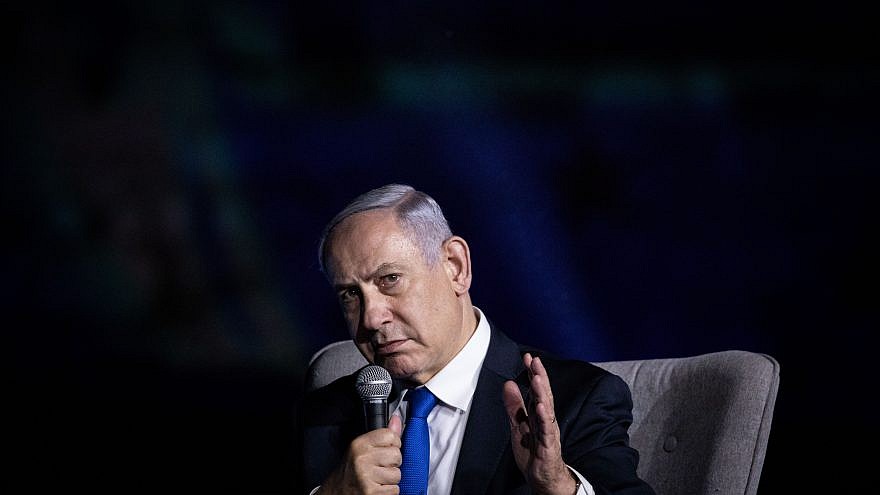Perhaps timed to the Middle East weather, Israeli Prime Minister Benjamin Netanyahu is coming under heated attack from his political foes. His current nemesis remains Knesset member Avigdor Lieberman of Yisrael Beiteinu, who is hitting Netanyahu hard on issues such as religion and state, while Ehud Barak focuses on the prime minister’s corruption charges.
With Netanyahu’s Likud polling at around 30 mandates—five below their results in the April elections—former Netanyahu adviser Mitchel Barak, CEO of Keevoon Research, Strategy and Communications Ltd., told JNS that Netanyahu will need to find a campaign strategy.
“While just the other day he promised to place private day-care facilities under some kind of government authority even though there is no plan, no budget, and the education minister read about it in the media. From past experience, one of those ‘Hail Marys’ will be caught by the public. Once he figures out which one works, he will concentrate on that.”
In this election, it will be very difficult for Netanyahu to count on the fact that many Israelis see him as “Mr. Security”—a factor that he has used to his advantage in the past.
Over the summer, fires in southern Israel caused by Hamas sending incendiary balloons have not ceased and have met with only a limited response from the Israel Defense Forces; it’s seen as a weakness for Netanyahu. While Netanyahu’s strategy of restraint in Gaza amid the arson and occasional rocket flareups has been derided by his opponents, there appears to be little public appetite for a full-scale ground offensive into the Gaza Strip.
At the same time, Netanyahu is also running against four former IDF chiefs of staff: Benny Gantz, Moshe Ya’alon and Gabi Ashkenazi in the Blue and White Party; and Ehud Barak in the new Israeli Democratic Party (whose No. 2, Yair Golan was deputy chief of staff of the IDF).
As such, Dahlia Scheindlin, a policy fellow at Mitvim Institute: The Israeli Institute for Regional Foreign Policies, told JNS that Netanyahu will instead likely leverage his diplomatic achievements and international stature as the election draws near.
“Netanyahu is well-aware that the strongest positive factor—incidentally, among both his base, but well beyond his voters, too, in my opinion—is his image as the country’s most skilled diplomat. In all other fields, he is mired in scandal, political instability, the sense that he’s worn out a healthy length of leadership for a democracy and may be losing his grip. I think this concerns even his base.”
‘A different league’
Focusing on diplomatic successes has certainly borne fruit for Netanyahu in the past. Leading up to the 2015 elections, Netanyahu made his famous, strong and passionate speech to a joint session of U.S. Congress, laying out why he stood so strongly against the Iranian nuclear deal. This reminded the disenchanted element in his base of his strength when it comes to security and diplomacy, and the “no one can do it like Bibi” perspective that led to Likud growing from 18 to 30 mandates in those elections.
Prior to the April 9 elections, Netanyahu visited the White House, where U.S. President Trump announced United States recognition of Israeli sovereignty over the strategic Golan Heights.
A few days before the election, the prime minister met with Russian President Vladimir Putin at the Kremlin after the incredible moment in which the remains of Zachary Baumel, an IDF soldier who was missing in action for 37 years, were returned to Israel with Russian assistance. Huge billboards In Israel showed Netanyahu and Trump shaking hands with the words “A different league,” drawing a distinction between Netanyahu’s ability to fight Israeli diplomatic isolation with those vying for his job.
Likud voters who had hesitations about supporting Netanyahu, given his many legal woes, saw him as their superhero, and Likud went on to win a whopping 35 mandates.


























